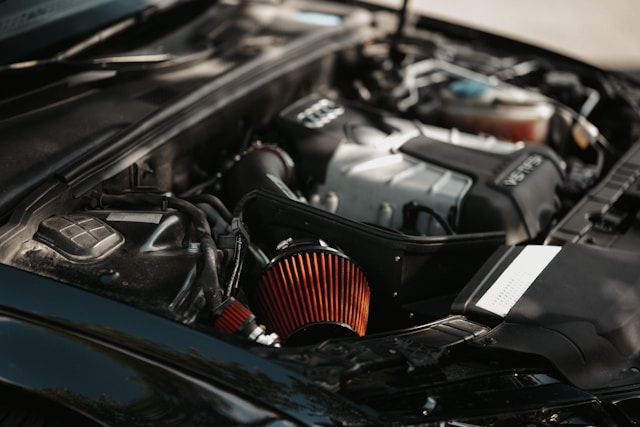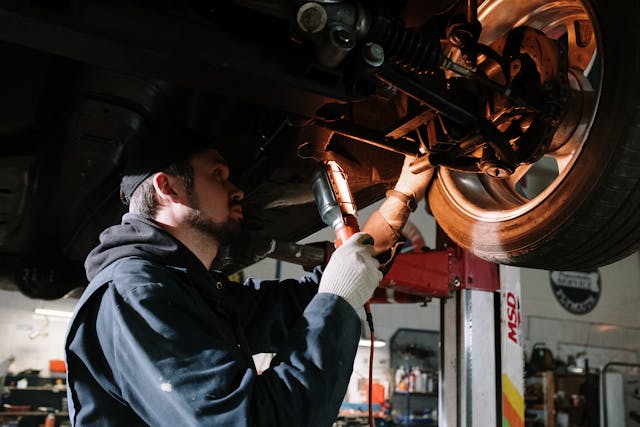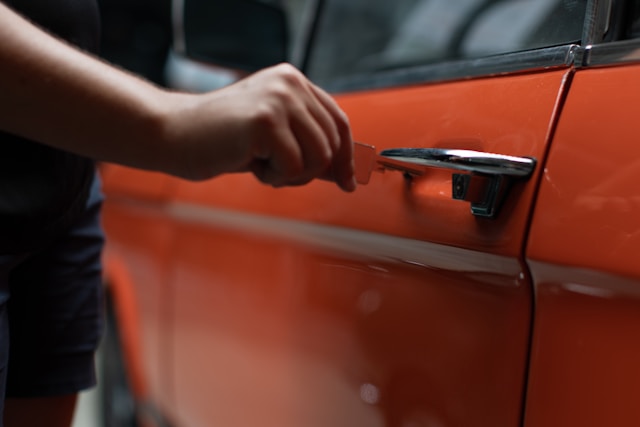
The automotive manufacturing process is a meticulous and lengthy endeavor, requiring years of refinement and rigorous safety testing. Despite these efforts, occasional recalls may be necessary to address potential safety defects, such as faulty airbags, wiring issues, or brake malfunctions.
If your car has been recalled, it’s crucial to take immediate action. In this guide, we’ll delve into the intricacies of car recalls, explain the necessary steps to take, and provide information on how to check for recalls on specific car models. Understanding the importance of responding to recalls can significantly impact your safety and peace of mind.
What are car recalls?

Car manufacturers invest significant time and resources in designing and testing their vehicles to ensure optimal performance and safety. However, despite rigorous quality control measures, defects can occasionally arise. In some cases, manufacturers may identify issues after vehicles have been produced and sold.
When a manufacturer discovers a serious safety defect that could potentially lead to injury or death, they issue a recall. It’s important to distinguish between serious safety defects and general vehicle problems. Serious safety defects are sudden and unexpected issues that arise due to design flaws. Routine maintenance issues, warning light alerts, or problems caused by misuse are not considered serious safety defects.
- Examples of serious safety defects include:
- Defective car or booster seat buckles
- Malfunctioning brakes
- Faulty steering components
- Airbag malfunctions or unexpected deployment
- Faulty handbrake
- Tire failures
So how do car recalls work?
When a car manufacturer identifies a defect in a specific model, they will issue a recall notice. Registered keepers of affected vehicles will typically receive a letter from the manufacturer a few weeks after the recall announcement. However, if you’ve recently purchased a used car or your contact information is outdated, you might not receive the notification directly. Therefore, it’s essential to stay informed about car recalls.
The recall letter will provide crucial details, including:
- Reason for Recall: The specific defect or issue that necessitates the recall.
- Potential Risks: The potential dangers associated with the defect if left unaddressed.
- Required Repairs: The necessary repairs or modifications to rectify the problem.
- Action Steps: The steps you need to take to schedule the repair.
- Contact Information: The appropriate contact details for scheduling the repair.
The severity of the defect will determine the recommended course of action. For major defects posing significant safety risks, you’ll be advised to avoid driving the vehicle until the repairs are completed. In contrast, for minor defects, you may continue driving the car while scheduling the repair. However, it’s advisable to address the issue promptly to ensure the safety and reliability of your vehicle.
What do I need to do?

When your vehicle is affected by a recall, it’s crucial to address the issue promptly. Unlike routine car repairs, which can be handled by local garages or mechanics, car recalls require specific modifications performed by authorized dealers.
You’ll receive a notification letter outlining the recall details and providing contact information for your nearest authorized dealer. Schedule an appointment with the dealer and bring the recall notice with you. The dealer will assess the necessary repairs, which may involve simple adjustments or require replacement parts. Importantly, all recall repairs are covered by the manufacturer, so you won’t incur any costs.
However, if the dealer identifies additional issues during the recall service, they may offer to address them at the same time. If you choose to proceed with these additional repairs, you’ll be responsible for the associated costs.
Can I ignore a car recall?
Promptly addressing vehicle recalls is crucial, regardless of the car’s age or perceived reliability. Even minor defects can escalate into serious safety hazards if left unattended.
Ignoring a recall can have severe consequences. Not only do you put your own life at risk, but you also endanger the lives of other road users. Additionally, failing to address a recall could result in significant financial penalties, including fines, driving bans, and potential insurance claim denials.
It’s essential to prioritize vehicle safety and comply with recall notices. By doing so, you can protect yourself and others on the road, while also avoiding potential legal and financial repercussions.
How to check your car’s recall status

You don’t need to wait for a notification to find out if your car has been recalled. The GOV.UK website offers a comprehensive database that allows you to easily check for recalls.
How to Check for Recalls:
- Car Recalls: Enter your vehicle registration number to view any outstanding or unfixed recalls associated with your car.
- Other Vehicles (Motorcycles, Buses, etc.): If you don’t have your registration number handy, you can search by manufacturer, model, and year of manufacture.
- Parts & Accessories: Look up recalls for child car seats, seat belts, tires, and other components by using the manufacturer and model information.
Why Check Before Buying:
If you’re considering buying a new or used car, it’s crucial to research potential recalls before making a decision. While dealerships are obligated to disclose recalls, it’s always a good practice to double-check using the GOV.UK database. Taking this proactive step can help you avoid purchasing a vehicle with a known defect.
Remember: It’s always better to be safe than sorry!
Car Recall FAQs
Is there a time limit on car recalls?
If you discover that your vehicle has been recalled, it’s crucial to schedule an appointment with a certified technician as soon as possible. Even if you’ve purchased a used car and the recall occurred years ago, the manufacturer is obligated to repair the issue at no cost to you.
Will a car recalls affect my car’s value?
Following a vehicle recall and necessary repairs, your car should be restored to optimal condition and retain its fair market value. However, in cases of extensive recalls or negative publicity, finding a buyer might be slightly more challenging.
Who pays for a car recall?
The manufacturer is responsible for the car recall, which, as a result, means that they’re the ones footing the cost of repairs and/or replacement parts. The only reason you might have to pay is if a mechanic comes across other problems specific to your car that you might want to address then and there.
Do I need to stop driving my car?
If you receive a notification from your car manufacturer about a vehicle defect, they will likely assess the severity of the issue. If the defect is not considered an immediate safety risk, you may continue driving your vehicle. However, if the defect poses a significant safety hazard, the manufacturer will likely advise you to stop driving the vehicle immediately and seek necessary repairs.
Can I take my car to my local garage?
No, it’s crucial to have the recall repairs performed by an authorized dealership. Only franchised dealers have the necessary expertise, tools, and parts to address specific recall issues.
Can I wait until my annual service check?
It’s strongly advised to address a car recall promptly. Even minor defects can pose safety risks. Contact your manufacturer immediately to schedule the necessary repairs and minimize potential hazards.
How long does it take to fix a recalled car?
The repair time can vary depending on the severity of the defect and the availability of specialized parts. Additionally, the number of vehicles involved in the recall and the dealership’s workload can impact the repair timeline.
Why didn’t the manufacturer find the defect before the cars went on sale?
While extensive quality control measures are in place during the manufacturing process, occasional defects can slip through. Even after vehicles are released, manufacturers continue to monitor their performance and may issue recalls to address any identified issues.


